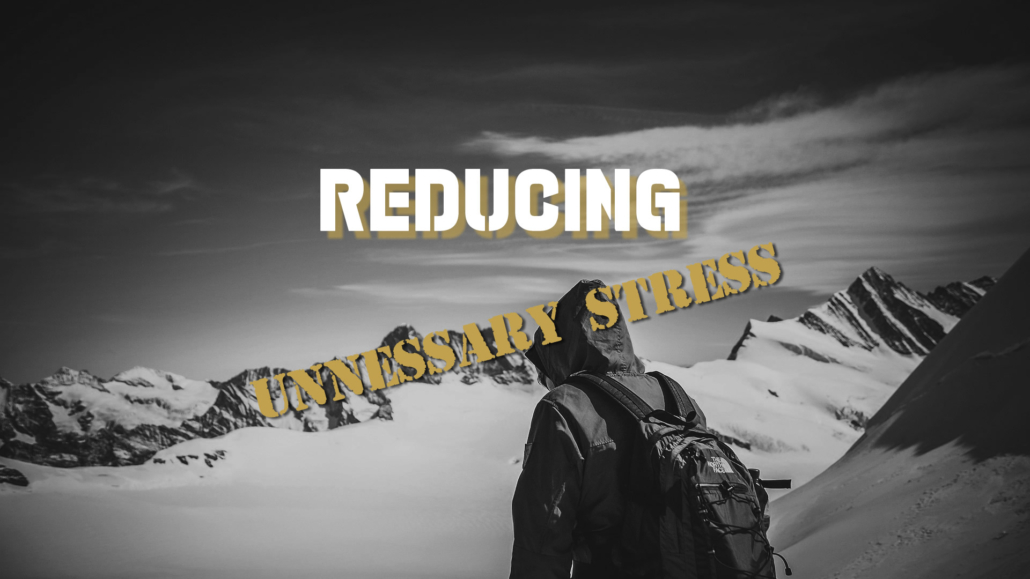 https://riseupmentor.com/wp-content/uploads/2023/12/Motivate-17-Live-Today-as-Tomorrow-Is-Uknown-1920x1080-No-Logo.jpg
1080
1920
Rise Up Mentor
https://riseupmentor.com/wp-content/uploads/2023/12/RiseUpMentor-Black-Logo-340x156-1.png
Rise Up Mentor2023-12-16 03:45:132023-12-16 03:45:15Ep. 34: Live Today as Tomorrow is Unknown
https://riseupmentor.com/wp-content/uploads/2023/12/Motivate-17-Live-Today-as-Tomorrow-Is-Uknown-1920x1080-No-Logo.jpg
1080
1920
Rise Up Mentor
https://riseupmentor.com/wp-content/uploads/2023/12/RiseUpMentor-Black-Logo-340x156-1.png
Rise Up Mentor2023-12-16 03:45:132023-12-16 03:45:15Ep. 34: Live Today as Tomorrow is UnknownAnger. In a split-second calmness and rational thinking can be degraded by its overwhelming, instantaneous onset. Anger causes you to act outside of your normal mindset, causing you to say and do things beyond what you would say or do in a calm state of mind. It’s almost as if you become a different person for a short period of time. Anger is a strong emotion that can be triggered by things such as frustration, injustice, fear and betrayal. I once heard the phrase that anger is nothing more than moments of self-destruction. That is true, but it can also be destructive to your relationships with others. Others may just shrug it off and not react verbally or physically, but there’s a good chance that their thoughts about your anger driven behavior are not positive. They likely start to, or already do view you as a hot head that has a lack of control when it comes to your emotions. That doubt of not knowing what to expect of your emotional response in certain situations can really be a turn off to others, which can cause friction in your personal relationships with others.
If you struggle with anger, you’re not alone by any means. The American Psychological Study Association conducted a survey in 2017 and found that 84% of respondents reported feeling that had become angry or irritable at some point over the previous month. 44% of which reported they were angry enough to shout or yell. According to the World Health Organization, they have said that globally, about 1 out of every 3 people experience anger management problems at some point during their life. I’ve been there too. I’ve struggled with anger at times, it’s something that over the past few years has been one of, if not, my biggest area of focus when it comes to personal growth. You see I’ve experienced the strain on relationships and other aspects of my life that were a result of not having full control of my emotions and letting anger get the best of me. It could have been letting that person have it that cut me off on the road or many of the other things within or out of my control. Griping and moaning when something isn’t going the way I want it to, etc. The majority of times though, the things that I found that would cause me to become angry where things totally out of my control. So essentially, I would be self-destructing by becoming angry, all worked up, over something out of my control.
Let’s be real, it’s totally not worth it, it accomplishes nothing, nothing good comes from it. Anger can be destructive, mostly to yourself and those you love. Why cause that harm to yourself, and importantly, the people who encounter your anger episodes don’t deserve it. That’s why I put it at the top of my list for things to continually try to improve.
Despite what many in society may believe, being calm and having compassion is not a weakness, it’s a strength. When expressed constructively, there are situations when anger could be considered a healthy emotional response. It should not be used in a form that would cause harm to anyone, rather it should be used to inspire and motivate to do good things. If expressed and managed positively, it can be a catalyst for positive change and growth.
When it comes to working on anger, here are a few things I would like to suggest:
1.) Identify and realize the anger. The first step to working on your anger is to realize what triggers you and causes you to become anger. Try to understand what is causing your anger, is it a reaction to being frustrated, betrayed, threatened, do you feel you are a victim of injustice? Being able to determine the cause of your anger is the first step in being able to address it. If needed, for a period of time, take note of each time you feel angry and what is caused that anger. After a period of a few weeks or months, review each of the specific situations where you experienced anger and the cause. From that you will likely be able to determine the most common triggers that cause you to feel angry.
2.) Take time to breath when you experience the feeling of anger. Often when we feel all worked up emotionally, we don’t think as clearly and are more impulsive in our speaking and actions. The best approach is to calm down before reacting. Take a moment to pause and calm down. Incorporating breathing techniques like the 4-7-8 beathing pattern can be helpful.
3.) Learn and adopt positive expression. Rather than bottling up your anger and then reacting in destructive ways, it’s important figure out ways that work for you to be able consistently express your feelings of anger in constructive ways. Here are some ways you can do that. If you have trustworthy friends and family, you could discuss lean on them to discuss the way you are feeling. Journaling is another great option and is something you can do at your own convenience. Whenever you are feeling angry, have your journal available to write out and express your feelings of anger on paper. Exercise is another positive option, as well as just going for a walk.
4.) Develop your empathy. So often when we become angry with others, we overlook the other person’s perspective and only think about our own perspective. If you can learn to see things from the perspective of the other person, it can help you to settle your differences and find a solution that is beneficial to you and the other person.
5.) Be honest with those around you. If you are working on your anger, be honest with those around you. Let them know it is something you recognize is a struggle for you and that you are actively working on becoming better at controlling your anger. Don’t be ashamed, rather be intentional, use your accountability to improve yourself as motivation.
5.) Be active in your prayer life. Take your feelings of anger and express them openly and honest with God. Ask for guidance and strength to help you deal with your struggle.
Quote:
It’s like Ralph Waldo Emerson said, “For every minute you remain angry, you give up sixty seconds of peace of mind”. We can gain more time of peace of mind if we can get our anger under control.
Each of us can experience a calmer and more fulfilling life if we can reduce the self-destruction that can come from anger. The quotes I mentioned from Ralph Waldo Emerson and Mark Twain, emphasize the negative effects of destructive anger, and can be used as encouragement for working on controlling anger and finding healthy ways to express our feelings. If we can pause, improve self-control and work on constructive solutions, we can improve and enjoy the benefits of a more peaceful life and improved relationships.
































